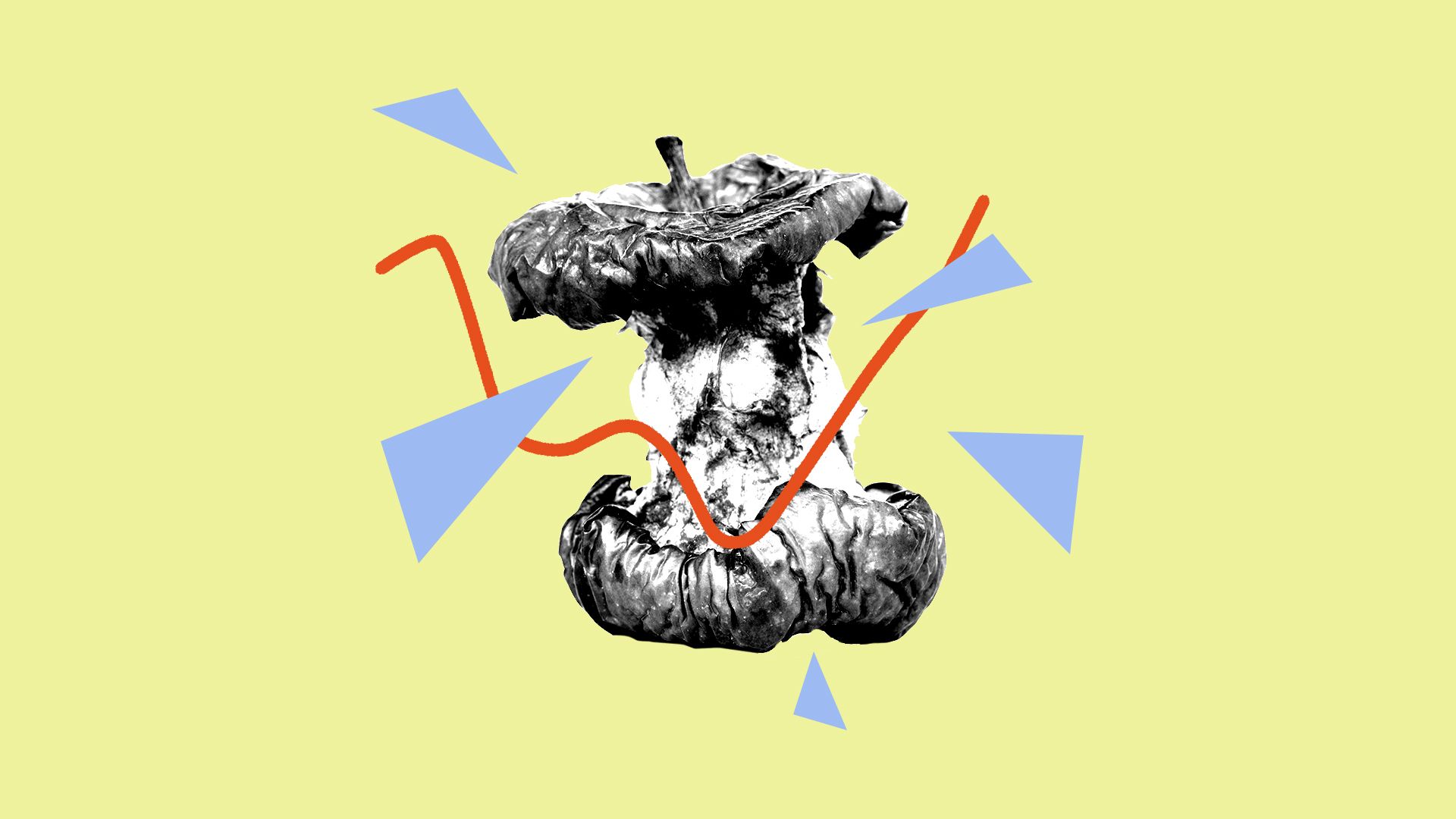The upside of talking to real people
Add Axios as your preferred source to
see more of our stories on Google.

Illustration: Rebecca Zisser/Axios
DAVOS, Switzerland — By many measures, including health, safety, and literacy, this is the best time in human history to be alive. Nonetheless, fear, anger and pessimism are all around us, even up here in the Swiss Alps.
The big picture: We live in a society that incentivizes outrage and minimizes human contact, and it’s damaging our mental health, experts from Yale University told Axios.
Yale President Peter Salovey cited a 2014 study from the University of Chicago on happiness. Asked their preference, people said they would rather be alone than speak with a stranger. Yet, the study said, research links such encounters with happiness — and tech developments like texting and online shopping are making them rarer.
- "A lot of things that gave us pleasure aren’t part of our lives anymore,” he says.
- Laurie Santos, whose class on happiness in spring 2018 had the largest enrollment in Yale history at 1,200 students, told us, “We’ve created an attention economy, and attention is a limited resource.”
- Social media reinforces the idea that anger and outrage are effective tools to get that attention, said Molly Crockett, a psychology professor. Outrage on social media is “like a habit,” she said, and has blurred the line between acting out and commenting genuinely.
Yes, but: Economics is still part of the picture. Salovey also cited a 2010 study by psychologist Daniel Kahneman and economist Angus Deaton that found income does correlate to happiness — but only up to $75,000. (58% of U.S. households earn less than that.)
The big question: United Way's Gallagher argues that the U.S. began shifting “from a ‘we’ culture to an ‘I’ culture” about four decades ago and that over time, “the values that hold us together … start to get stripped away.”
- “All of a sudden people didn’t want to pay for the education of other people’s children,” said Princeton president Christopher Eisgruber. “The question is, how do you rebuild a civic bond?”
Go deeper: Read the full Davos Special Report
